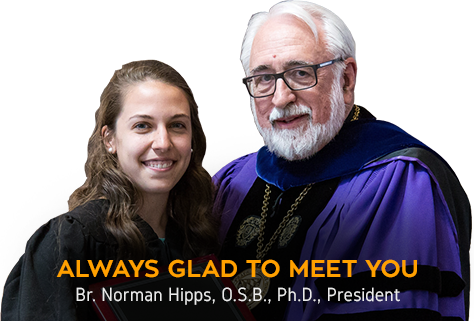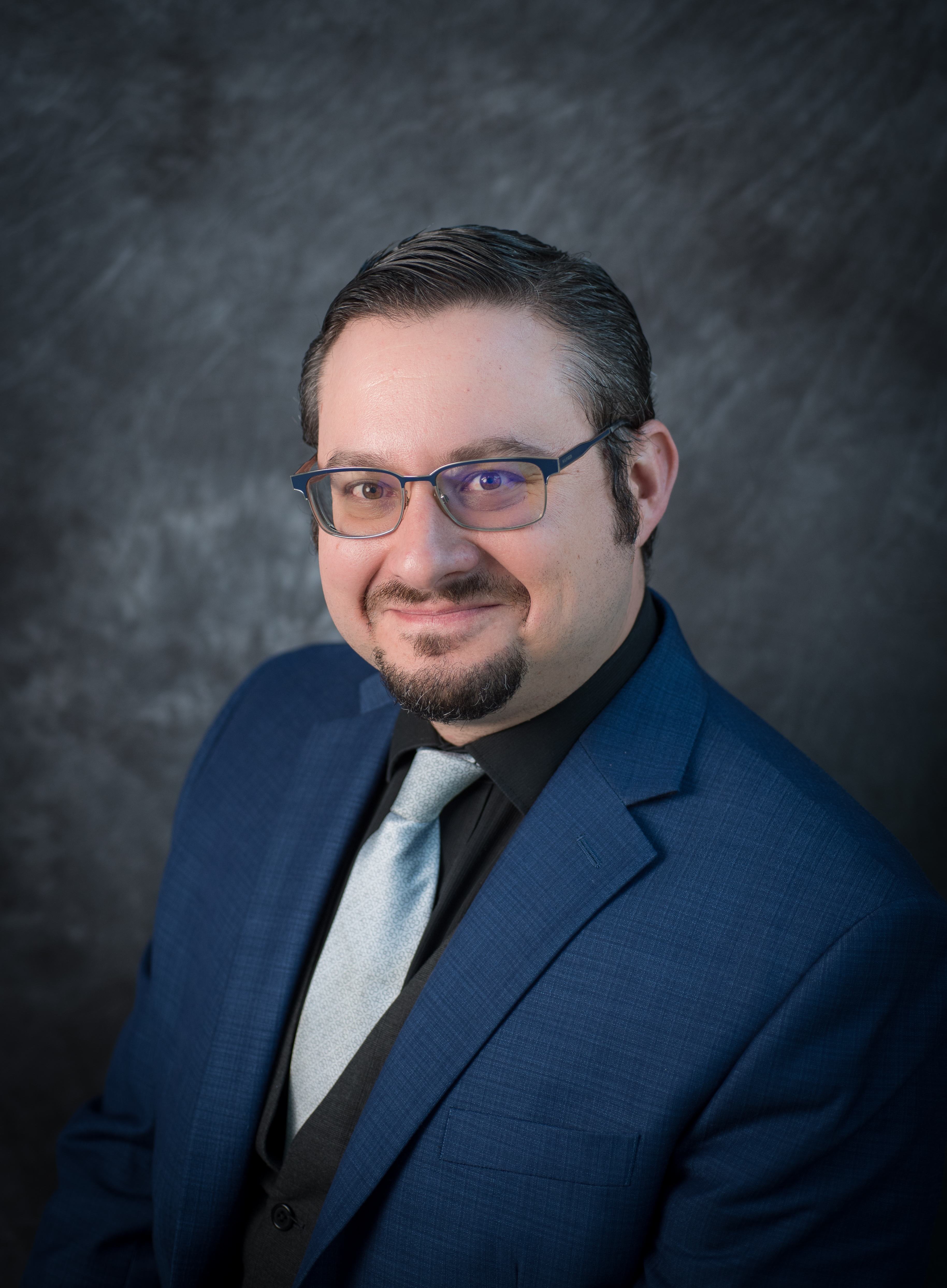In my May blog, I shared with you one way in which students in the McKenna School systematically examine the ethicality of decisions on the basis of various moral frameworks. While students have many other assignments in which they further refine their own moral principles throughout their studies at Saint Vincent, analyzing decisions made by others is useful in shaping a student’s viewpoint.
Yet, analyzing others’ decisions can be difficult to do. Have you ever thought about a behavior that a friend, colleague, supervisor or leader engaged in and you wondered: “Why on earth would she/he ever do that?!” I think we’ve all had an experience like this at least once.
While various decision-making frameworks can help us grasp an understanding of why people make decisions, we should also consider that every decision-maker also has limited information, perceptual errors and cognitive shortcuts that enter their mind. Some examples could include:
- Escalation of commitment occurs when a decision-maker sticks by a poor decision even when she or he knows that it is less than optimal. Often, this occurs because the decision-maker does not want to admit that he or she made an error in her or his initial decision.
- Not deferring to expertise is when a decision-maker does not consult others whose perspectives, knowledge and skills are needed to make a better decision.
- Selective perception is when a decision-maker considers only the information consistent with his or her own current knowledge when engaging in a choice rather than collecting additional information.

Of course, there are many other errors that enter into our decision-making process. Yet, we depend on leaders of our communities, organizations and societies to make decisions that are in the best interests of the common good. Realistically, though, we know that a decision is usually not perfect because we are all bounded rationally. Bounded rationality means that no decision-maker has perfect information or the ability to process an unlimited amount of data, has unlimited resources or time to implement her or his decision perfectly or can predict the future regarding the unintended outcomes that a decision might have. One of my mentors shared with me when I was thinking about making a drastic job shift earlier in my career to “make the best decision you can with whatever information you have available to you at the time.” To me, this perfectly sums up why many decisions are imperfect – they are all constrained by something (e.g., time, information, resources, budget, etc.).
Leaders also face complexity in their environments (Uhl-bien, Marion & McKelvey, 2007). Sometimes there are so many variables at play in a decision-maker’s context that it makes it extremely difficult for that person to understand what the best decision might be in his or her current situation. As Dr. Therese Sprinkle from Quinnipiac University and I discuss in our book chapter (2014) on big band leader Glenn Miller’s leadership style, it wasn’t until Miller began making decisions that fit more cohesively with his highly complex environment that he was able to be more successful as a leader.
But, understanding one’s context can be difficult. Here are a few thoughts on actions that might help improve one’s decisions as she or he operates in complex environments:
- Understand your values. Be able to articulate them to others and to reflect on why these values are important to you. Always use these values as a starting point and as a moral compass to guide your choices.
- Seek the advice of others. While staying true to our values, we don’t want to be blinded to only one perspective. Seek the input of others – especially those that will impact or be impacted by your decision. Seek out those individuals who might have a different opinion from you and learn from their perspective. Find out who the people are that have the crucial knowledge, skills and abilities that you can leverage to improve your decision and include these individuals in your decision-making process.
- Model your decisions after someone you trust. While considering others, analyze someone that you admire as a decision-maker. What makes her or his choices “good”? What can you learn from this person regarding how to make your decision? You may want to model your decision-making process after his or hers.
- Collect enough information. While acknowledging that you will never have completely perfect information, collect as much knowledge as you can surrounding a certain issue. More (accurate) information is always better than less.
- Know that your decision will likely be imperfect. This statement sounds somewhat pessimistic but that is not its intent. Because we have limited resources and time and do not always know the implications that a decision might have long-term, we need to not let our decisions take too long because we are unsure. Once we’ve collected enough information, considered a mentor, incorporated others’ views and analyzed our options under the lens of our own moral values, make the choice and implement it as soon as possible. Of course, we shouldn’t rush decisions but we also need to be wary of decision paralysis whereby a decision takes too long to make or is never made at all because of our doubts, fears or insecurities.
So, what was a tough decision you had to make? What helped you make your decision? I’m looking forward to hearing your thoughts! Please email me at michael.urick@stvincent.edu, search for me on Facebook and LinkedIn or leave me a comment here.
Dr. Mike Urick
Urick, M. J. & Sprinkle, T. A. 2014. Glenn Miller: Leadership lessons from a successful big band musician. In: Extreme Leadership: Leadership, Teams and Situations Outside the Norms (Cristina M. Giannantonio and Amy E. Hurley-Hanson, Eds.), 165-186. Edward Elgar Publishing.
Uhl-Bien, M., R. Marion, R. & B. McKelvey, B. 2007. Complexity leadership theory: Shifting leadership from the industrial age to the knowledge era. Leadership Quarterly, 18, 290-318.


 中国学生
中国学生 Estudiantes
Estudiantes




